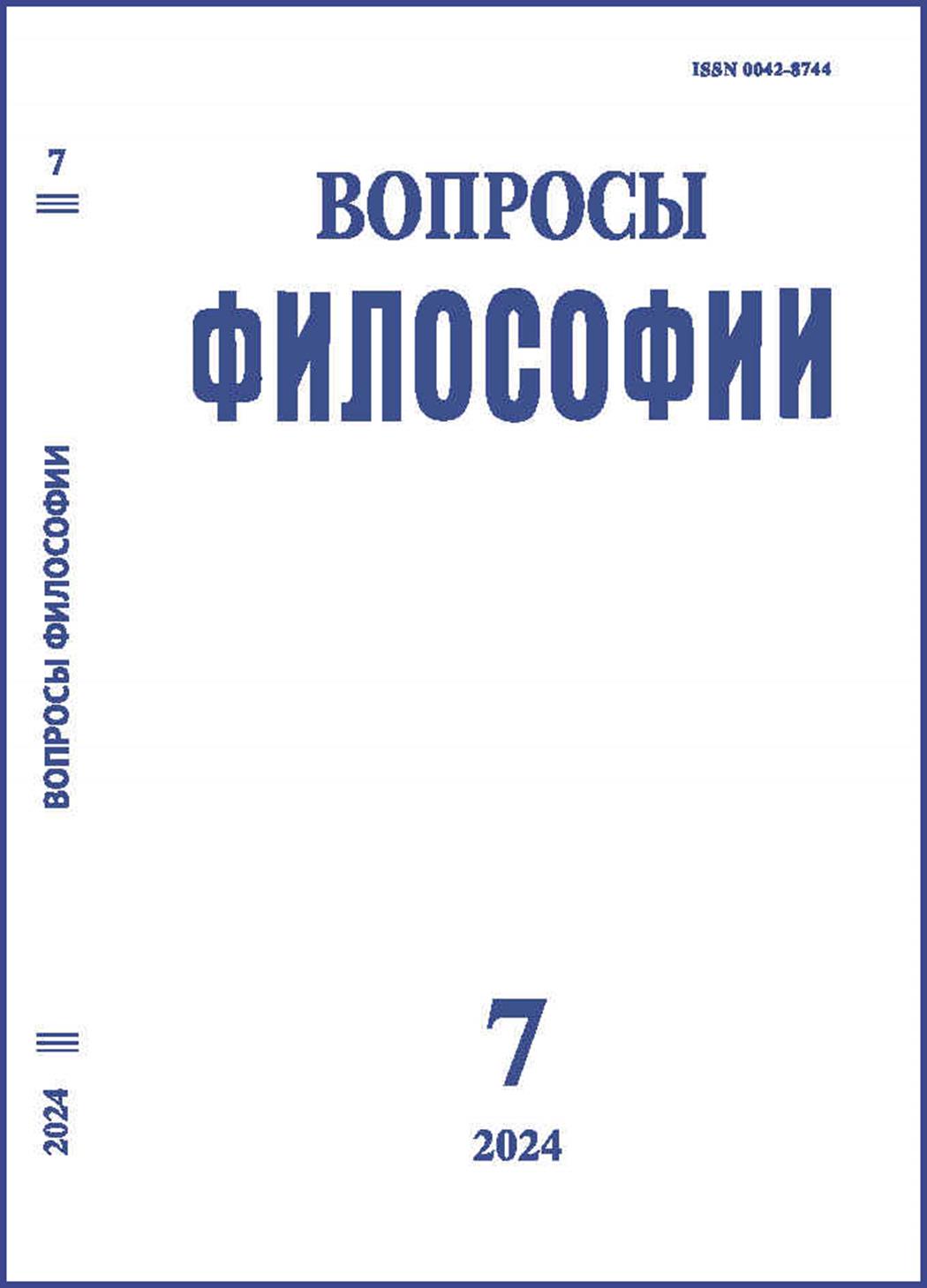“Who Are We”: Civilizational Ideas of Classical Eurasianism and Their Evolution
DOI:
https://doi.org/10.21146/0042-8744-2024-7-102-113Keywords:
classical Eurasianism, the universality of Western civilization, the originality of Eurasian civilization, political philosophy, historical nihilismAbstract
Classical Eurasianism inherited the “genes” of Slavic resistance to the European
cultural monopoly, it offered its own view on the typology of civilizations and
geopolitics and created its own political philosophy. Based on criticism of the universality of Western civilization, classical Eurasianists put forward the concept
of Russia as a unique Eurasian civilization and gave their answer to the questions “who are we?” and “where are we going?” L.N. Gumilev, who called himself “the last Eurasianist,” became the author of a civilizational theory in which
geographical features corresponded to certain characteristics of civilization,
at the same time his views were based on geopolitics and on the desire to rethink
the concept of the Russian spirit. Classical Eurasian political philosophy is
closely related to the problem of choice that Russia is now facing; it offers its
own view of the roots of Russian civilization, being a direct ideological predecessor of neo-Eurasian political philosophy. Its research has positive implications not only for Russia in its fight against historical nihilism and in restoring its
national identity, but also for providing reference for the self-cultural construction
of all ethnic groups in the process of globalization. The concept of community
of human destiny put forward by China advocates taking into account interests
of other countries when pursuing its own interests, and promoting the common
good of all countries in the pursuit of own development, which may provide reference for the theoretical construction of Eurasianism

